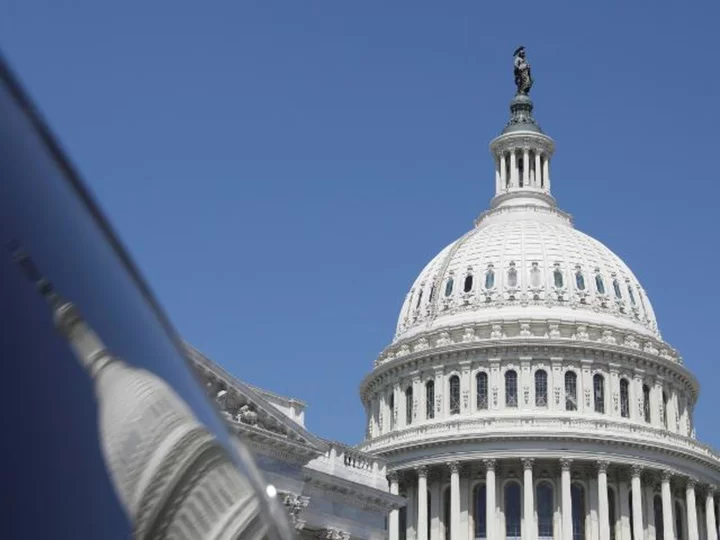The Senate voted Tuesday evening to advance a critical national defense bill nearer to a final passage vote, moving one step closer to a showdown with the House over the must-pass legislation.
The vote was 72 to 25 to begin the process of taking up the bill, known as the National Defense Authorization Act, which sets the policy agenda and authorizes funding for the Department of Defense annually.
The NDAA typically passes through Congress with widespread bipartisan support -- but the Republican-controlled House passed its version of the bill on a largely party-line vote last week after Democrats protested a series of amendments pushed by hardline conservatives.
The addition of amendments to the House bill related to abortion policy and transgender health care access as well as targeting diversity and inclusion programs infuriated Democrats and led to push back from some moderate Republicans -- and set up a clash with the Democratic-controlled Senate.
Once the Senate approves its NDAA bill, lawmakers will need to reconcile the Senate bill and the House bill by negotiating a compromise version that can pass both chambers. That could prove challenging as House conservatives have vowed not to back down from their demands for what they want included in the measure.
A final passage vote for the Senate defense bill has not yet been scheduled and may happen sometime next week.
The Senate bill sets a topline national defense funding level of $886 billion and includes a 5.2% pay raise for service members, according to a summary from the Senate Armed Services Committee. It also includes support for Ukraine by extending the Ukraine Security Assistance Initiative through fiscal year 2027 and authorizes increased funding for efforts to respond to threats, including research on foreign influence operations.
In the House, GOP leaders came under intense pressure from conservatives to allow votes on controversial social and cultural issues.
Controversial provisions that were adopted to the House bill include: An amendment to prohibit the secretary of defense from paying for or reimbursing expenses relating to abortion services, an amendment that would bar a health care program for service members from covering hormone treatments for transgender individuals and gender confirmation surgeries, and a provision eliminating diversity, equity and inclusion programs and staff in the Department of Defense.

